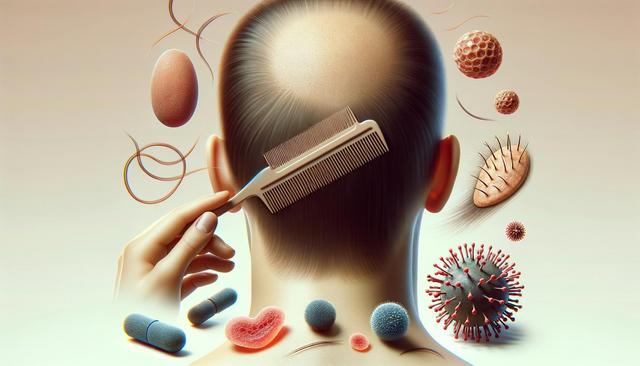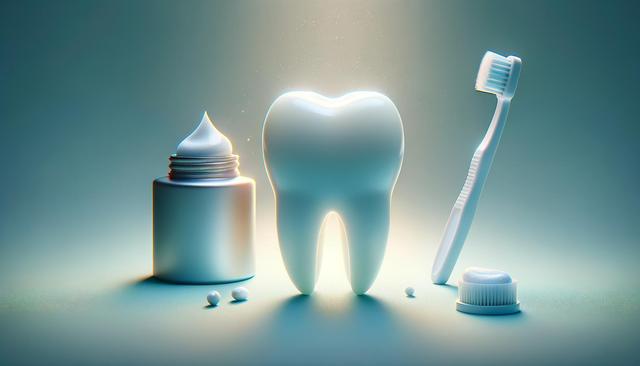Understanding Why Neck Skin Becomes Thin
As we age, the skin on our neck can become thinner due to a natural decline in collagen and elastin production. These proteins are essential for maintaining the skin’s structure and elasticity. Additionally, external factors such as sun exposure, pollution, and poor skincare habits can accelerate the thinning process. The neck is often neglected in skincare routines, which can lead to visible signs of aging earlier than on the face. Genetics and lifestyle choices, including smoking or inadequate hydration, can also contribute to a loss of skin density in this area.
Understanding the root causes of thinning neck skin is crucial before choosing a method to thicken it. Knowing whether it’s due to age, environmental damage, or lifestyle factors can guide your approach and help you select the most effective strategies to restore firmness and resilience to the skin.
Skincare Ingredients That Support Thicker Skin
Choosing the right skincare products can make a notable difference in the thickness and firmness of the neck skin. Look for ingredients that stimulate collagen production and improve skin hydration. Some effective components include:
- Retinoids: Help speed up cell turnover and boost collagen levels.
- Peptides: Support the skin’s natural repair processes and enhance elasticity.
- Hyaluronic Acid: Provides deep hydration and plumps the skin.
- Vitamin C: A powerful antioxidant that aids in collagen synthesis and skin brightening.
Applying these ingredients consistently, preferably in a cream or serum formulated for the neck, can gradually improve the skin’s structure. It’s also important to apply sunscreen to the neck daily—even on cloudy days—to prevent UV damage that can worsen skin thinning.
Neck Exercises and Massage Techniques
Just like other muscles in the body, the muscles in the neck can be strengthened through targeted exercises. These exercises not only improve muscle tone but also stimulate blood flow, which supports skin health. Some simple exercises include:
- Chin lifts: Tilt your head back and hold your gaze upward while keeping lips closed but relaxed.
- Neck stretches: Gently tilt your head to each side, holding the stretch for 10-15 seconds.
- Resistance movements: Press your forehead or chin against your hand while resisting the motion.
Incorporating a regular massage routine with upward strokes can also help. Using a nourishing oil or cream during the massage can enhance its effects by improving product absorption and promoting lymphatic drainage, which reduces puffiness and supports a firmer appearance.
Nutrition and Hydration for Skin Health
What you consume plays a key role in the condition of your skin. A balanced diet rich in skin-supporting nutrients is essential for maintaining and improving neck skin thickness. Focus on foods high in:
- Protein: Essential for building collagen and elastin.
- Omega-3 fatty acids: Found in fish, flaxseeds, and walnuts, these support skin elasticity.
- Vitamins A, C, and E: Help repair skin and protect against environmental damage.
- Antioxidants: Found in berries, greens, and dark chocolate, they neutralize free radicals.
Hydration is equally important. Drinking enough water keeps the skin supple and prevents the appearance of dryness and fine lines. Herbal teas and water-rich fruits like cucumbers and watermelon can also contribute to overall hydration.
Professional Treatments to Consider
In addition to home care strategies, there are professional treatments available that can offer more immediate or pronounced results. These should always be performed by licensed professionals and may include options such as:
- Microneedling: Encourages collagen production by creating micro-injuries in the skin.
- Laser Therapy: Stimulates deeper layers of the skin to encourage tightening and regeneration.
- Radiofrequency Skin Tightening: Uses energy waves to heat tissue and encourage collagen growth.
- Ultrasound Therapy: Targets deeper skin layers to firm sagging areas over time.
While these treatments can be effective, they often require multiple sessions and should be complemented with a proper skincare regimen and healthy lifestyle to maintain results. Consulting with a dermatologist can help you decide which treatment, if any, is appropriate for your skin type and goals.
Conclusion: Supporting Long-Term Neck Skin Health
Thickening the skin on your neck is a gradual process that combines consistent care, lifestyle adjustments, and sometimes professional intervention. By understanding the causes of thinning skin and applying targeted skincare, exercises, and nutritional support, you can promote stronger, healthier skin in this delicate area. While results won’t appear overnight, a dedicated routine can lead to noticeable improvements over time. Whether you’re starting early or looking to reverse existing signs of aging, focusing on neck skin care is a worthwhile investment in your overall appearance and skin health.


